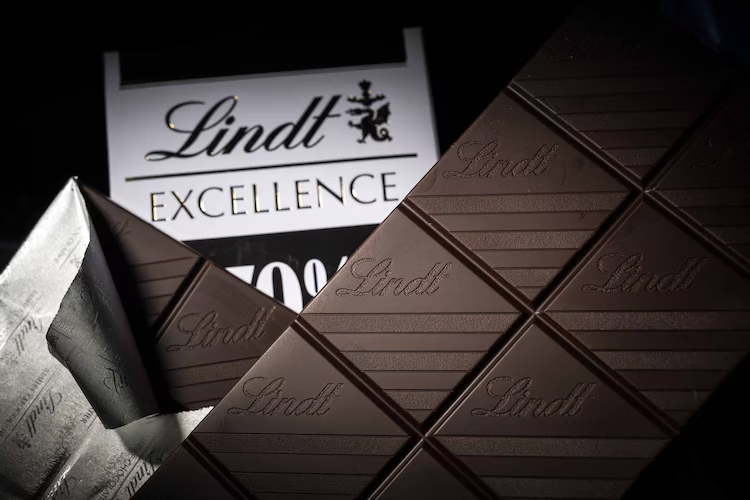
 Lindt went on to explain that phrases like "expertly crafted" are just "puffery" or promotional jargon and shouldn't be taken as promises. In 2023, US consumers filed a class action lawsuit against Lindt & Sprüngli, claiming that the chocolate company's "expertly crafted with the finest ingredients" products were nothing more than "puffery"—a legal term for overblown marketing claims that no sane consumer would take seriously.
Lindt went on to explain that phrases like "expertly crafted" are just "puffery" or promotional jargon and shouldn't be taken as promises. In 2023, US consumers filed a class action lawsuit against Lindt & Sprüngli, claiming that the chocolate company's "expertly crafted with the finest ingredients" products were nothing more than "puffery"—a legal term for overblown marketing claims that no sane consumer would take seriously.According to news agency AFP, they also charged the corporation with pushing consumers to pay a premium price for a less-than-premium product, in violation of labeling laws in states such as Alabama, California, Florida, Illinois, Nevada, and New York. It took place following the publication of a 2022 research on the chemicals in dark chocolate by the nonprofit Consumer Reports. It was discovered that Lindt's Excellence Dark chocolate 70% Cocoa and Excellence Dark chocolate 85% Cocoa had astronomically high amounts of cadmium and lead, respectively.
Although it also included other brands, Lindt was the target of a class action lawsuit as a result of the study. According to Consumer Reports, prolonged exposure to even trace levels of heavy metals, such as cadmium and lead, can cause several health issues.
HOW DO HEAVY METALS AFFECT YOUR HEALTH?
Heavy metals have been linked to developmental issues in pregnant women, reduced IQ in early children, and altered brain development.
Frequent exposure to lead in adults can result in immune system suppression, hypertension, renal damage, reproductive abnormalities, and nervous system disorders. The NGO's study indicated that although most individuals don't consume chocolate every day, those who do may be more exposed to lead and cadmium.
According to the analysis, Excellence Dark chocolate 85% Cocoa has 166% lead and 80% cadmium, whereas Lindt's Excellence Dark chocolate 70% Cocoa has 48% lead and 116% cadmium. A study revealed that a life-long intake of cadmium can lead to its accumulation in the kidney, consequently resulting in kidney injury.
Heavy metals are also found in common foods like sweet potatoes, spinach, and carrots, but even tiny quantities from several sources can build up to hazardous levels in the body.
Selecting chocolates with the lowest amounts of lead and cadmium is one method to reduce the body's exposure to heavy metals. "Over time, regular drinking increases the danger. Some other vegetables, such as spinach, sweet potatoes, and carrots, which are more nutrient-dense and crucial to have regularly in a balanced diet, also contain heavy metals. According to the study, it is thus recommended to consume dark chocolate sparingly.
Lower cacao percentages were suggested by the researchers. The experiments showed that cadmium levels tend to rise with the amount of cacao, albeit this is not a perfect indicator.
They cautioned against overindulging kids in dark chocolate and against assuming that organic chocolate is superior. "They were just as likely as other products to have concerning levels of heavy metals," according to the research.




 click and follow Indiaherald WhatsApp channel
click and follow Indiaherald WhatsApp channel